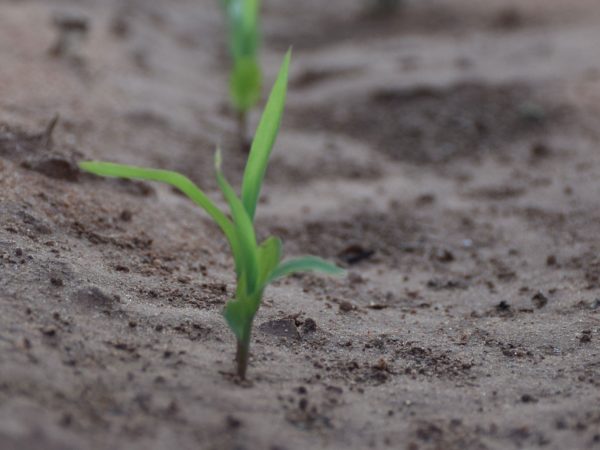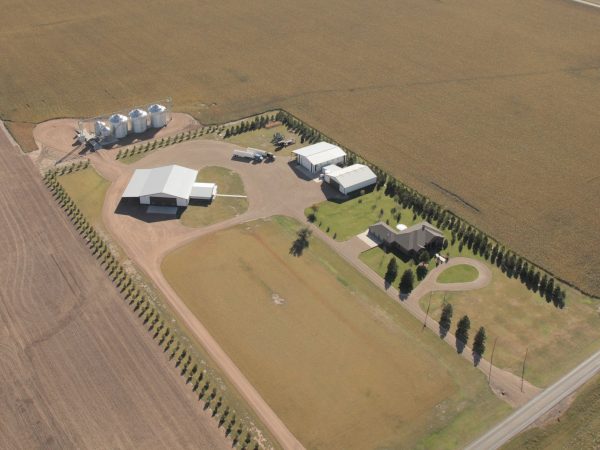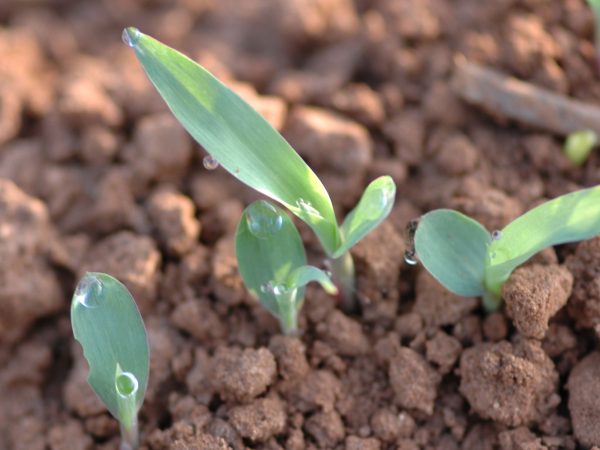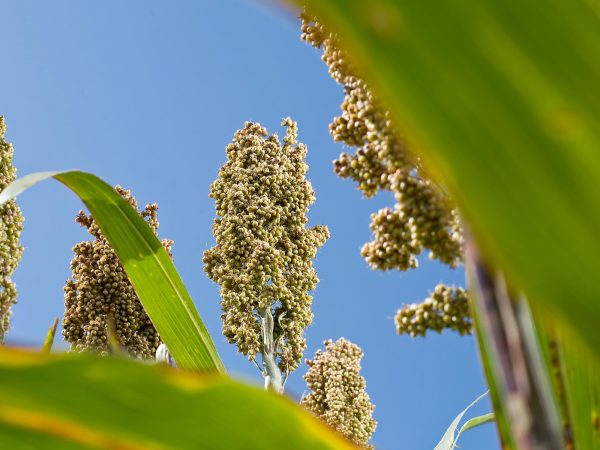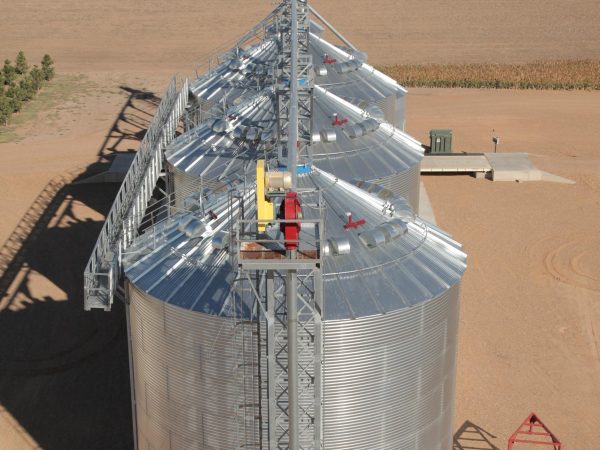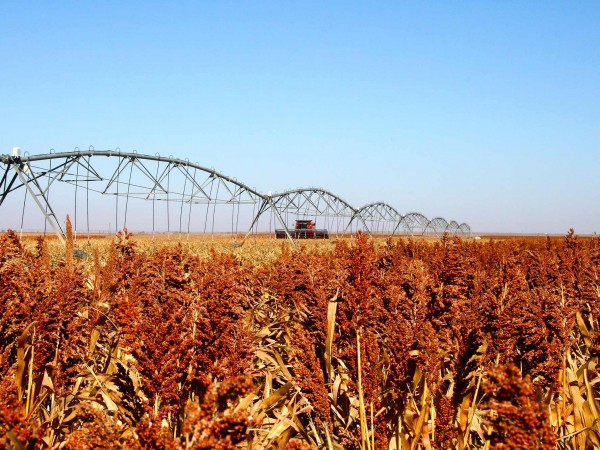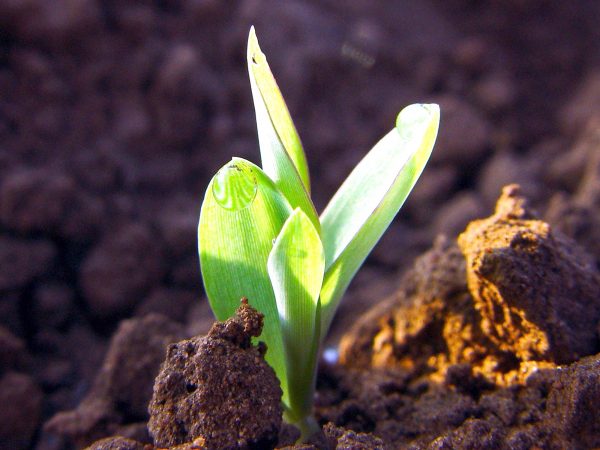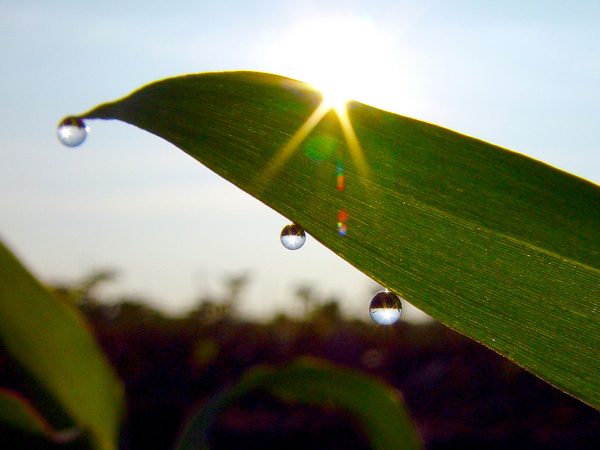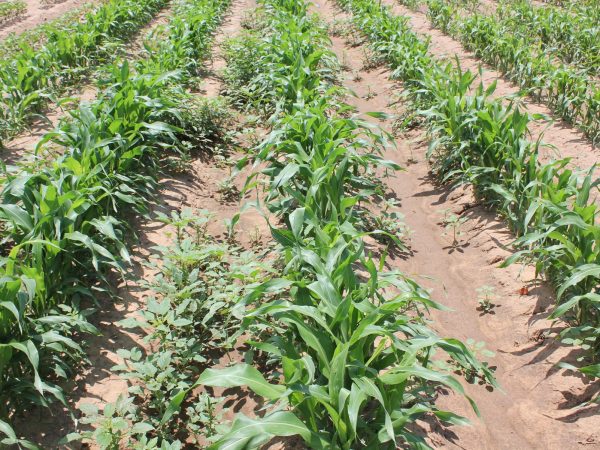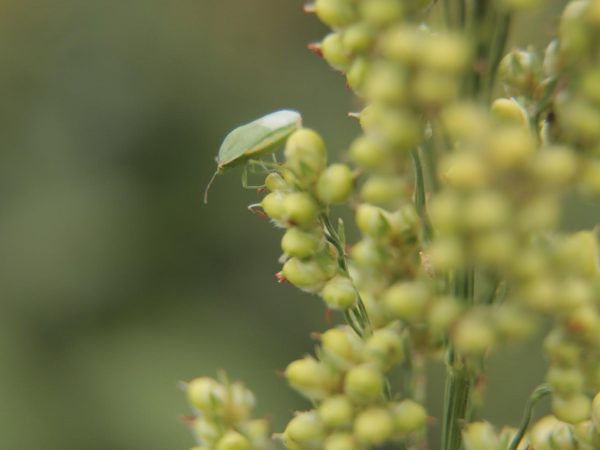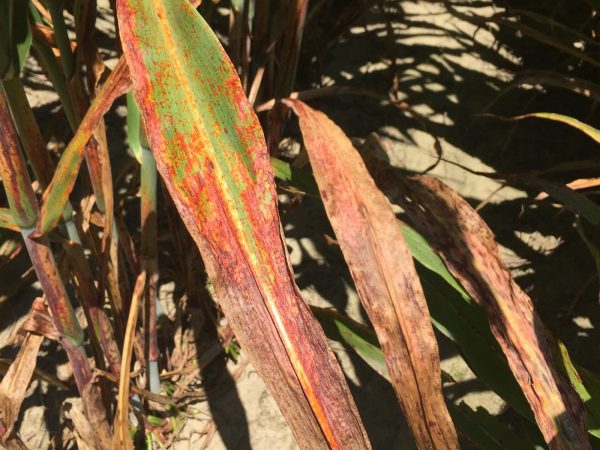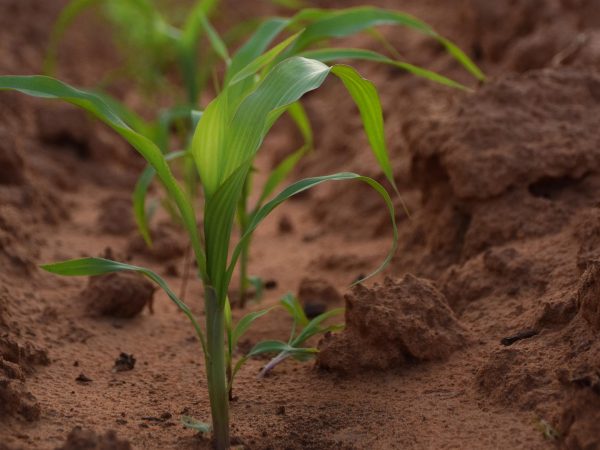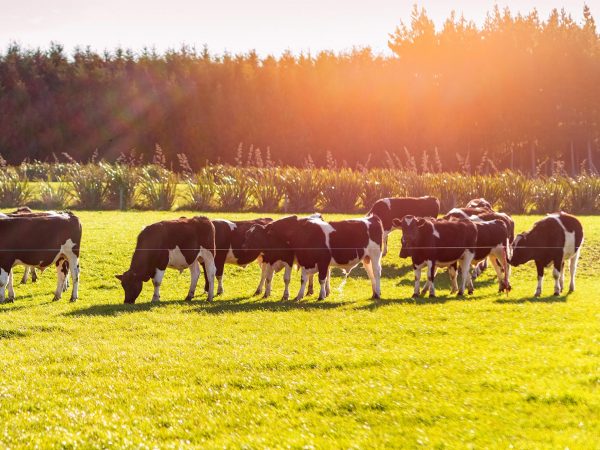Our Farmers
Sorghum Farmers
Sorghum farmers are at the core of this checkoff, helping to lead the last 10 years of success. Farmers had a strong year in 2020, planting 5.8 million acres and harvesting 373 million bushels.
Sorghum is grown by farmers right here in the U.S.
- U.S. farmers are dedicated to sustainably raising this super grain.
- The United States is the world’s largest producer of grain Sorghum, ensuring a consistent, reliable supply.
- When you choose Sorghum as an ingredient, you’re also supporting U.S. farmers and the U.S. economy.
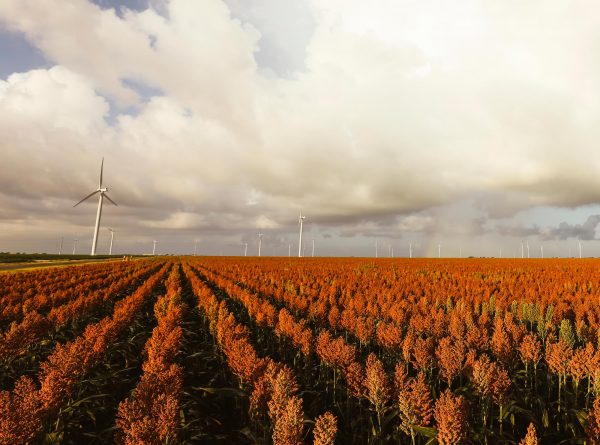
Grain Production
Sorghum has tremendous potential to return a profit to your farm and the work of the Sorghum Checkoff will only improve that potential over time. Learn more about grain production through our resources and production guides.
Growth & Development
Recognizing the key developmental stages of sorghum can aid in making critical management decisions for your farm.
Learn MoreCropping Systems
Grain sorghum requires a specific environment to provide good seed-soil contact for rapid germination. Farmers can use a number of different tillage and planting systems to achieve these conditions.
Learn MorePlanting & Soil Management
Row spacing, planting dates, soil fertility and irrigation are all important factors for growing sorghum.
Learn MoreHybrid Selection
University and company data is available to assist in your decision of the hybrid that best fits your operation.
Learn MoreHarvest & Storage
A lot of factors go into getting the most out of your grain sorghum crop during and after harvest, but the rewards are worth it.
Learn MoreWater & Irrigation
Sorghum is a water smart crop that only requires six inches of total moisture from soil, rainfall or irrigation to produce the first bushel.
Learn MoreSoil Fertility
Soil fertility is crucial to growing a successful sorghum crop. This includes managing nutrients and understanding soil types, organic content and pH.
Learn MoreSustainability
Sorghum is a water smart and climate resilient crop with many sustainable attributes.
Learn More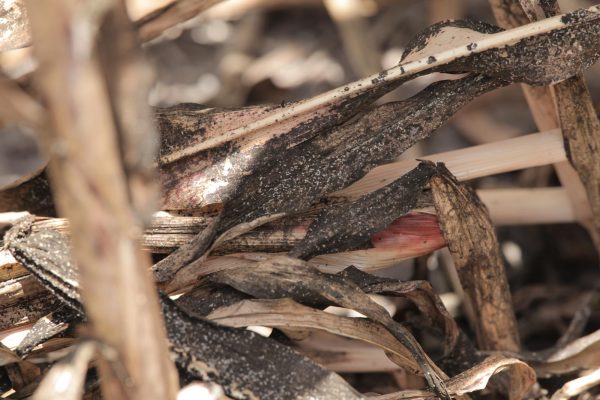
Insects, Weeds, Diseases
Similar to other crops, there are several factors that are capable of causing economic damage in sorghum if not managed timely and efficiently.
Weed Control
As with other crops, weed control is critical in producing good sorghum yields.
Learn MorePest Control
Sorghum pests range from root and seed damaging insects to those that feed on the leaves, stalks or directly on the sorghum grain. All of these insects, however, can be controlled with sound integrated pest management practices.
Learn MoreDisease Control
Like other crops, sorghum is susceptible to a number of economically important diseases. The severity of any given disease is dependent on hybrid susceptibility, the presence of the disease and a favorable environment for the disease to proliferate.
Learn More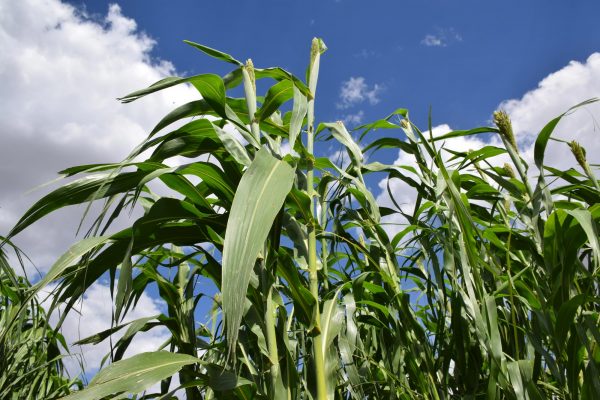
Forage Production
Warm-season annual grasses, specifically forage sorghums, have the potential to produce large amounts of nutritious forage during summer months, and their inherent versatility allows them to fit into many different types of cropping or livestock operations.
Hybrid Selection
When selecting a hybrid for your forage, there are several things to consider, including planting more than one hybrid.
Learn MoreGrazing Livestock
Prussic acid and nitrate are two very important factors to understand when using sorghum for your grazing livestock.
Learn MoreAgronomy Insights
Sorghum growers and industry professionals can find actionable crop production information and insights from Sorghum Checkoff Director of Agronomy Brent Bean, Ph.D., in one convenient place.
Sorghum Opportunities
If you’re thinking about adding sorghum to your crop rotation or would like to get more involved in the industry, the checkoff can help. Here are some opportunities for farmers.
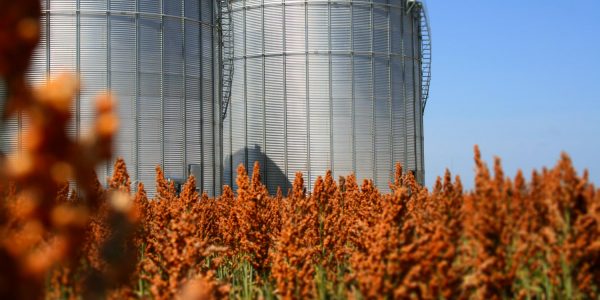
Plant Sorghum
Sorghum is a smart choice for lowering your cost of production, especially in the way of seed costs.
Learn More
Leadership Sorghum
The sorghum checkoff is developing the next generation of leaders for the sorghum industry with its Leadership Sorghum program.
Learn More

